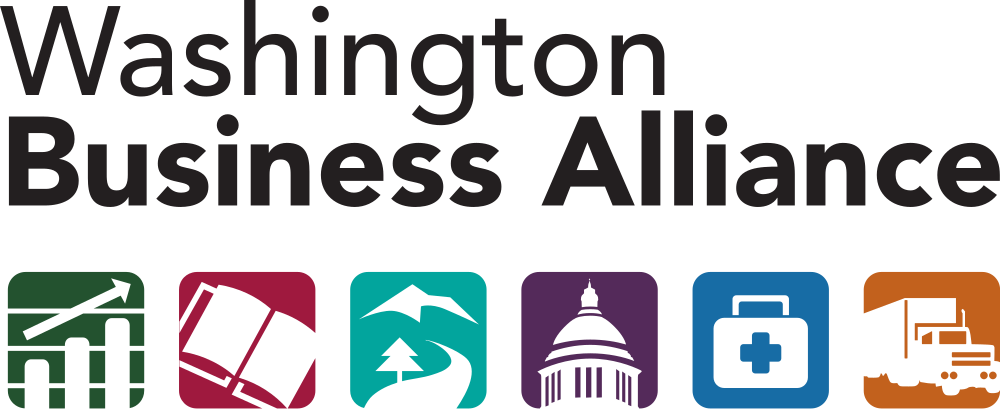Regardless of whether you are celebrating or mourning the results of the national elections, the hard truth is that many people who work and live in rural Washington are still waiting for the economic recovery that has not yet arrived. Yes, the Puget Sound region, and much of Western Washington are enjoying a booming economy. However, the one in four residents who live in the state’s 29 rural counties don’t have the luxury of median incomes that are above the national average or low unemployment rates.
Their hope, of course, was that a change in leadership would solve these problems. Yet, the proposed Fiscal Year 2018 budget does nothing to address these issues, and worse, makes cuts to some of the critical rural lifelines that were finally showing promise of bearing fruit.
While budget analysts are still going through the budget with a fine-tooth comb, U.S. Department of Commerce and USDA programs that are designed specifically for rural and underserved communities are already on the chopping block. For years, these programs have been stimulating local economies, delivering jobs, providing essential human services, and most important, hope, to communities throughout Washington State. From Forks to Colville, from Dayton to Chehalis, more than 100 Washington cities are trying to move beyond traditional agricultural and natural resource industries and benefit from the new economy.
Sadly, tourism and service businesses in rural counties aren’t able to pay the kinds of wages urban companies can afford. Training and growth opportunities are often limited. And the very core of economic growth—industries that have fed the intellectual wealth and health of these communities for decades—are no longer viable.
As a result, jobs, families and entire tax bases are dwindling, further eroding the economic health of these communities. Local service and retail businesses suffer and eventually close due to cash flow issues, further diminishing once proud towns.
Now, it looks like their hope for a brighter future is about to be extinguished by the Trump Administration. The very officials carried into office by a rural groundswell of support are proposing historic budget cuts. This includes Economic Development Administration grants awarded on a competitive basis and the Manufacturing Extension Partnership that supports manufacturers with certifications, efficiency programs and access to best practices. Those communities whose economies are still based on agriculture and natural resources may lose their local USDA offices that provide such critical support.
All in all it’s a potentially devastating hit on rural Washington. And where are these monies going? Not to new rural programs. Instead, these funds will go toward the state’s urban centers that surround our military installations.
Clallam County offers a prime example. For decades the county was a thriving timber center. But today, the average annual income is $36,612 and the unemployment rate is nearly two and half times that of King County. When businesses close or entire industries cease operations, federal funds provide that critical lifeline that allows workers to train for new opportunities or start a business themselves so they can stay in their community.
If adopted, the proposed 2018 budget would devastate rural communities statewide that are already struggling with a changing information-based economy. The federal budget does not reflect the promises our politicians made to the workers of rural America and it is a violation of the trust we have placed in these elected leaders.
One can only hope that the Washington State Legislature will take up the mantle of responsibility that the federal government is about to shirk. Our state legislature needs to recognize the significant threat that exists to rural Washington from this potentially disastrous budget and make the prosperity of our rural businesses and communities a priority in the state budget. Every resident of the state deserves to have an equal opportunity to have a good job, make a good wage and share in a prosperous economy. Leaving anyone behind diminishes us all.
Written by Colleen McAleer, President of Washington Business Alliance and Port Commissioner at the Port of Port Angeles. Colleen is a resident of Clallam County.
